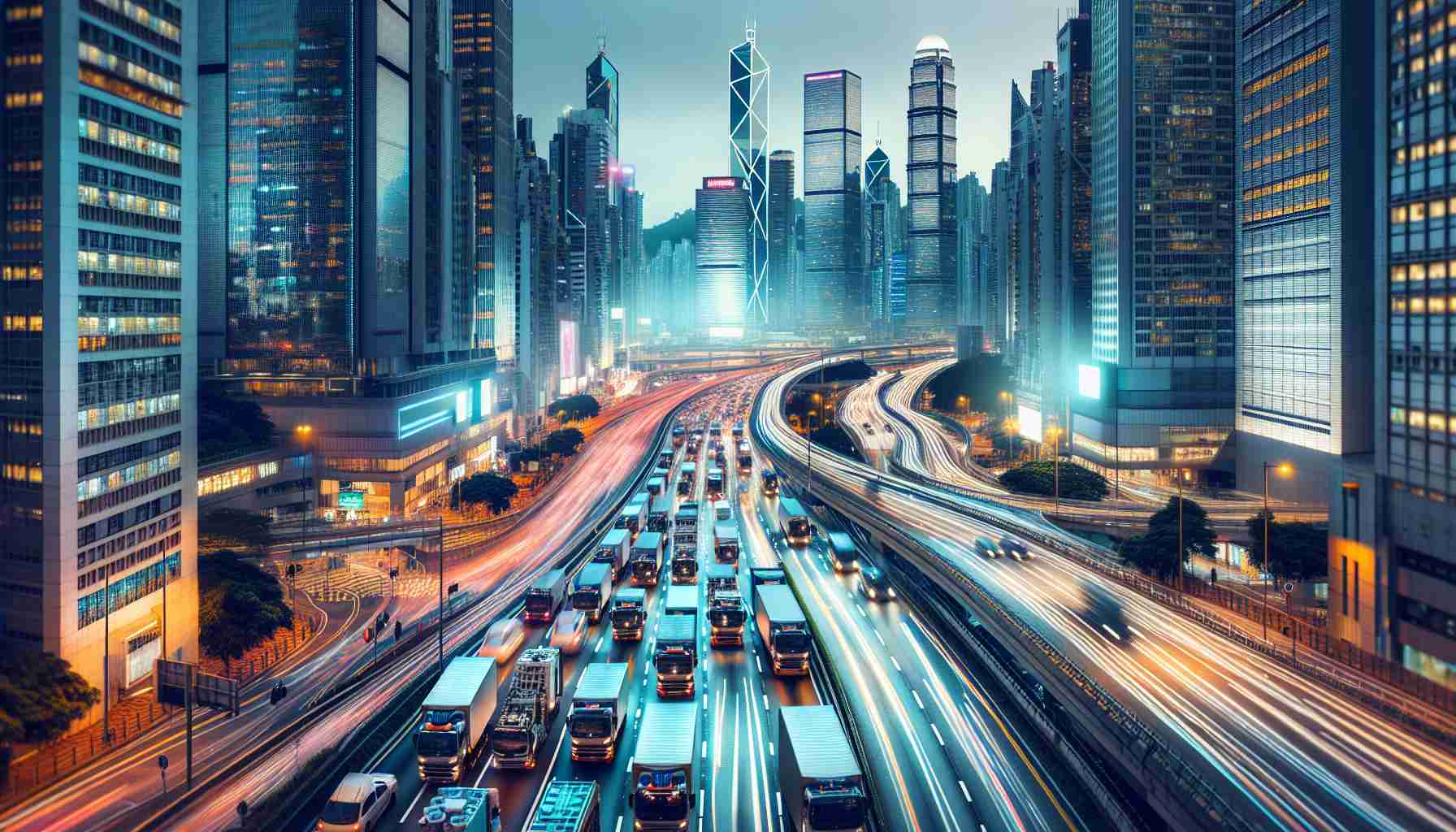Logistics vehicles in Hong Kong can play a crucial role in boosting the uptake of hydrogen fuel, overcoming the challenges of limited supplies, high costs, and infrastructure, according to H2 Solution, a start-up in the city. Qian Wei, the founder and CEO of H2 Solution, suggests that Hong Kong can leverage cheaper hydrogen and refueling infrastructure in Foshan, a major hydrogen production center just a two-hour drive northwest of Hong Kong.
By integrating the hydrogen economy with the supply chain of the Greater Bay Area, which includes various cities with expertise in production, distribution, application, and technology development, Hong Kong can benefit from the best practices and lessons learned by Foshan since its commercial adoption of hydrogen in 2019. This approach allows Hong Kong to tap into existing infrastructure without the need to reinvent the wheel.
To support the growth of hydrogen vehicles in Hong Kong, the construction of the city’s first hydrogen refueling station is already underway. The station, located in the northwestern district of Yuen Long, is expected to be ready by the end of the year. This development is part of a broader trend in China, where Sinopec, the country’s largest fuel producer, has built 128 hydrogen refueling stations, the highest number in the world.
By enabling logistics vehicles to fill up on hydrogen across the border in Foshan, Hong Kong can overcome its current challenges and accelerate the adoption of zero-emission fuel. This innovative approach not only expands the availability of hydrogen but also provides a sustainable solution for transportation in the city.
FAQ:
1. How can logistics vehicles in Hong Kong boost the uptake of hydrogen fuel?
H2 Solution, a start-up in Hong Kong, suggests that leveraging cheaper hydrogen and refueling infrastructure in Foshan, a major hydrogen production center near Hong Kong, can overcome the challenges of limited supplies, high costs, and infrastructure. By integrating the hydrogen economy with the supply chain of the Greater Bay Area, Hong Kong can benefit from Foshan’s best practices and lessons learned in hydrogen adoption.
2. What is the Greater Bay Area?
The Greater Bay Area refers to a region in China that includes various cities with expertise in production, distribution, application, and technology development. It is an area where Hong Kong can tap into existing infrastructure and collaborate to accelerate the adoption of hydrogen fuel.
3. What is the status of hydrogen refueling infrastructure in Hong Kong?
The construction of Hong Kong’s first hydrogen refueling station is already underway in the northwestern district of Yuen Long. It is expected to be ready by the end of the year. This development aligns with China’s broader trend, where Sinopec, the country’s largest fuel producer, has built the highest number of hydrogen refueling stations in the world.
4. How can filling up on hydrogen in Foshan overcome current challenges in Hong Kong?
By enabling logistics vehicles to fill up on hydrogen across the border in Foshan, Hong Kong can overcome its challenges of limited supplies, high costs, and infrastructure. This innovative approach expands the availability of hydrogen and provides a sustainable solution for transportation in the city.
Key Terms:
– Hydrogen fuel: Fuel derived from hydrogen, often used as an alternative to traditional fossil fuels.
– Hydrogen refueling station: A facility where vehicles can fill up with hydrogen.
– Greater Bay Area: A region in China that encompasses various cities with expertise in production, distribution, application, and technology development.
Related Links:
– Sinopec: Sinopec’s official website for more information about the company and its initiatives.
– Hydrogen Energy: Reports and resources on hydrogen energy and fuel.
– Hydrogen Fuel News: A news platform covering developments in the hydrogen fuel sector.
